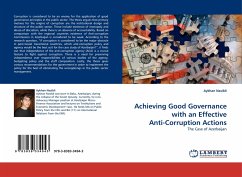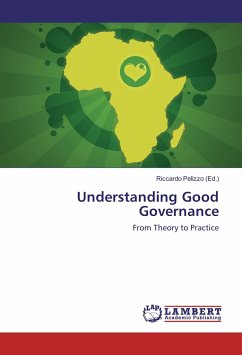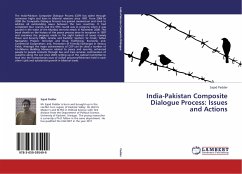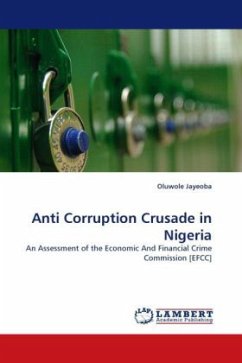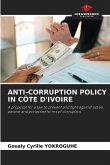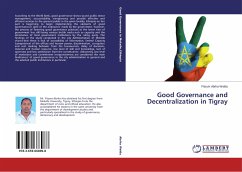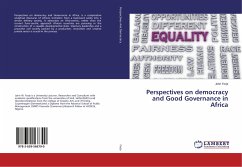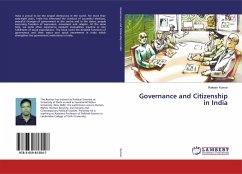Corruption is considered to be an enemy for the application of good governance principles in the public sector. The thesis argues that primary motives for the origins of corruption are the institutional design and structure of the public sector. These include existence of monopoly and abuse of discretion, while there is an absence of accountability. Based on comparison with the regional countries existence of Anti-corruption Commission in Azerbaijan is considered to be weak. According to the research question, if corruption is considered to be the major obstacle in post-Soviet transitional countries, which anti-corruption policy and agency would be the best suit for the case study of Azerbaijan? , it finds out that independence of the anti-corruption agency (ACA) is a crucial feature to fight against corruption. There is a need for preserving independence over responsibilities of various bodies of the agency, budgeting policy and the staff composition. Lastly, the thesis gives various recommendations for the government in order to implement the policy for the best of eliminating the wrongdoings in the public sector management.

